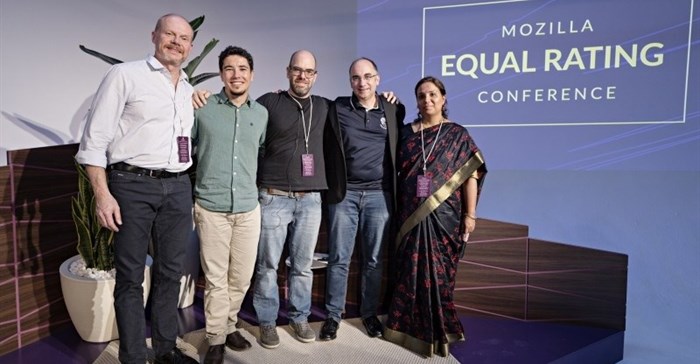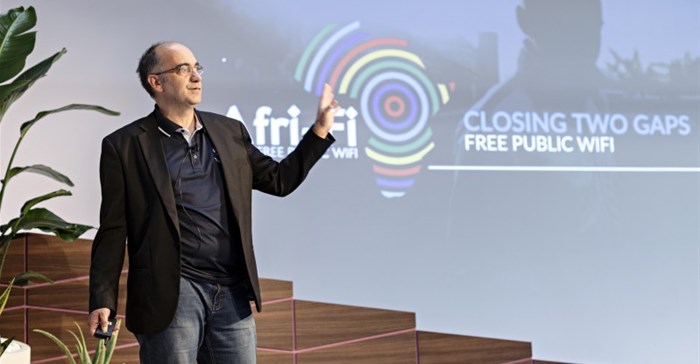
Top stories






More news












Logistics & Transport
Uganda plans new rail link to Tanzania for mineral export boost














The overall winning team which walked away with $125,000 in funding, was Mumbai-based Gram Marg Solution for Rural Broadband. This open source low-cost hardware prototype utilises unused white space on the TV spectrum to backhaul data from village wifi clusters to provide broadband access (frugal 5G). The team of academics and field workers leverages what people already have in their homes, and creates rugged receivers and transmitters to connect villages in even the most difficult terrains. The solution has been rolled out in 25 villages on a pilot basis so far.
South African team, Afri-Fi: Free Public Wi-Fi, scooped second place and received a funding award of $75,000.
Afri-Fi is an extension of Project Isizwe, where 2.9 million users all access 500MB of free daily Wi-Fi data. The key goal of Afri-Fi is to create a sustainable business model by linking together free Wi-Fi networks throughout South Africa and engaging users meaningfully with advertisers so they can "earn" free Wi-Fi.

“The team has proven how their solution for a free internet is supporting thriving communities in South Africa,” concluded Marlon Parker, founder of Reconstructed Living Labs, on behalf of the jury. “Their approach towards community building, partnerships, developing local community entrepreneurs and inclusivity, with a goal of connecting some of the most marginalised communities, are all key factors in why they deserve this recognition and are leading the free internet movement in southern Africa,” said Parker.
Tim Genders, COO of Project Isizwe, said: “Free Wi-Fi removes the barriers to education, social inclusion, skills development and job applications. In short, free Wi-Fi empowers.”
Availability and affordability of internet access is one of the new grand challenges that the African continent is faced with. “I was particularly delighted to see strong African representation in the semi-finalists,” said Omobola Johnson, the former communication technology minister of Nigeria and partner of TLcom Capital LLP, “the solutions were contextually innovative and they all emphasised a strong need to collaborate; big companies, local governments, rural communities, telco’s, all working together to implement solutions where each of them come out a winner.”
The “Most Novel” award worth $30,000 went to the Free Networks P2P Cooperative in Brazil. The Coop has created a financial and logistical model that can be tailored to different villages’ respective norms and community. The team experiments with ways to engage communities through “barn-raising” group activities, deploying “open calls” for leadership to reinforce the democratic nature of their approach, and instituting a sense of “play” for the villagers when learning how to use the equipment.
Following the announcement, Katharina Borchert, Chief Innovation Officer at Mozilla, noted in a blog post, “Mozilla started this initiative because we believe in the power of collaborative solutions to tackle big issues.”